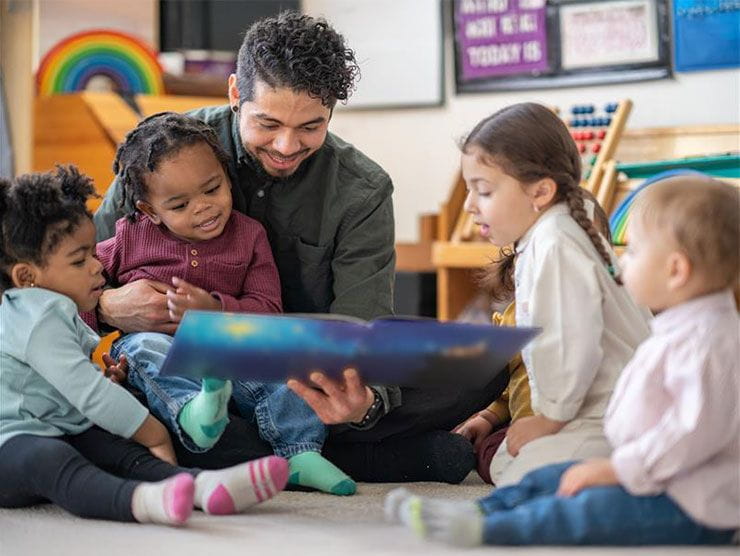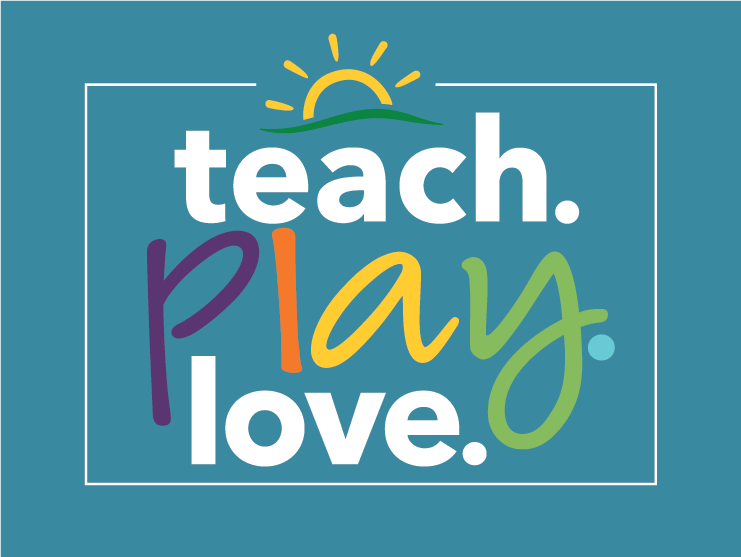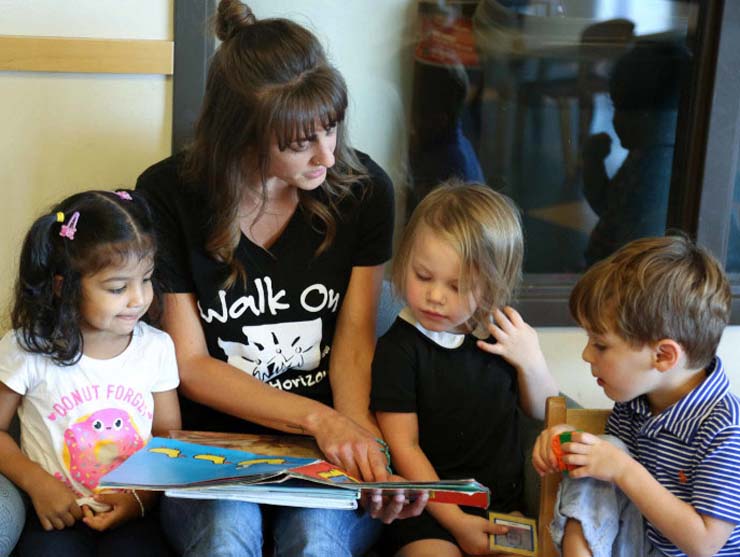How can you help your child understand and appreciate differences?
- Help your child explore their features by creating an “all about me” book or drawing a self-portrait.
- Explore others’ differences by looking at family photo albums and class pictures.
- Model inclusivity and curiosity by saying things like “How can we make sure this game is fun for all of us?” and “Your hair is brown and your cousin’s hair is black — you both have beautiful hair,” and “Tell me about your classmates.”
- Read books, tell stories, and watch movies about a variety of people, cultures, abilities, genders, and families to help your child see what they have in common with others, and what’s different.
How should you respond if your child says something racist, stereotypical, or biased?
These types of comments or questions from young children are likely unintentional. They typically align with developmental abilities and may reflect what they’ve heard, rather than what they believe.
- Ask questions to find out more — learn about your child’s perspective by saying, “Tell me more about that,” or “What makes you say/ask that?”
- Provide accurate information and create a teachable moment instead of making your child feel like they said something wrong. Avoid shaming your child (or forcing an apology.)
- Share simple facts instead of complex answers and use examples, such as, “We all have different skin colors. Look, yours is different from Samantha’s,” and “Yes, Josh has two mommies because we all have different families — he has one cousin, but you have five.”
- Build empathy by asking things like, “I wonder how that makes your friend feel?”
- Talk about fairness and explore how to do things that make others feel involved and included.
It’s never too early to talk to your child about race, and it’s important to encourage natural conversation and curiosity. Look for everyday opportunities to open up the dialogue. As you start having these conversations, remember that you don’t have to tackle all issues at once. You don’t have to have all the answers — and that’s okay. Use these opportunities to explore and learn along with your child.





